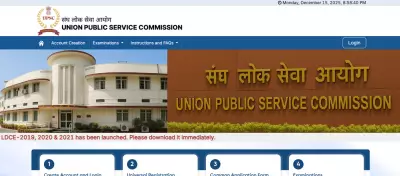
Have you ever experienced that sinking feeling when a simple leave request turns into an unexpected power struggle? You're not alone. Toxic workplaces often transform basic employee rights into battlegrounds for control, leaving professionals feeling powerless and frustrated.
Recognizing the Signs of a Toxic Power Dynamic
When requesting time off becomes an exercise in anxiety management, you're likely dealing with toxic workplace behavior. Managers who question your need for leave, make you feel guilty about taking time off, or create unnecessary hurdles are exhibiting classic signs of power-playing behavior that can damage both morale and mental health.
6 Powerful Strategies to Reclaim Your Professional Power
1. Document Everything Meticulously
Start maintaining detailed records of all your leave requests and the responses you receive. Save emails, note down verbal conversations with dates and times, and keep copies of your approved leave applications. This documentation becomes your strongest evidence if you need to escalate the situation.
2. Know Your Rights and Company Policies
Familiarize yourself thoroughly with your company's leave policy and employment laws. Understanding exactly what you're entitled to empowers you to respond confidently when faced with unreasonable resistance. Knowledge truly is power in these situations.
3. Communicate with Professional Assertiveness
Instead of asking permission, frame your leave requests as notifications. Use phrases like "I will be on leave from..." rather than "Can I take leave..." This subtle shift in language establishes your professional boundaries while maintaining respect for company procedures.
4. Build Strategic Alliances
Develop positive relationships with colleagues and other managers who can support you if conflicts arise. Having allies who understand your work ethic and professionalism can provide crucial backup when dealing with difficult supervisors.
5. Escalate Strategically When Necessary
If repeated attempts to resolve issues directly fail, don't hesitate to involve HR or higher management. Present your documented evidence professionally and focus on how the behavior affects your work and well-being rather than making personal accusations.
6. Prioritize Your Mental Health
Recognize when a workplace becomes too toxic for your well-being. No job is worth sacrificing your mental health. Sometimes the most powerful stand you can take is knowing when to walk away and seek healthier professional environments.
Turning Power Struggles into Professional Growth
Learning to navigate these challenging situations doesn't just help you survive a toxic workplace—it builds resilience and professional skills that serve you throughout your career. Each successful boundary you set makes you stronger and more confident in your professional worth.
Remember that your right to take leave is not a privilege granted by management but an essential component of sustainable work-life balance. By implementing these strategies, you transform from a victim of workplace politics to an empowered professional who commands respect.





